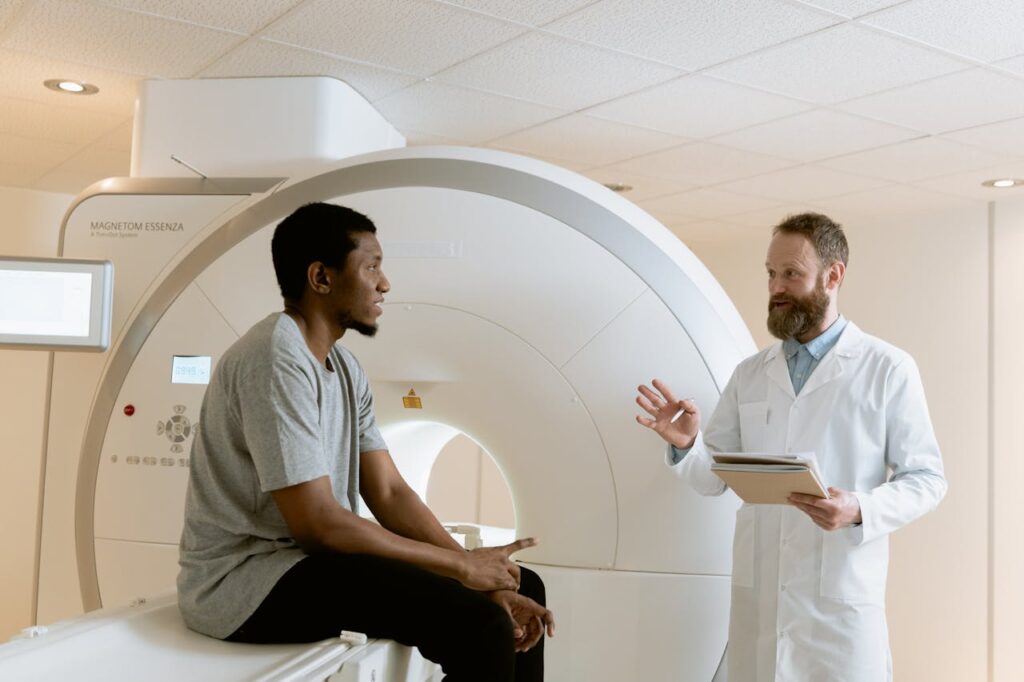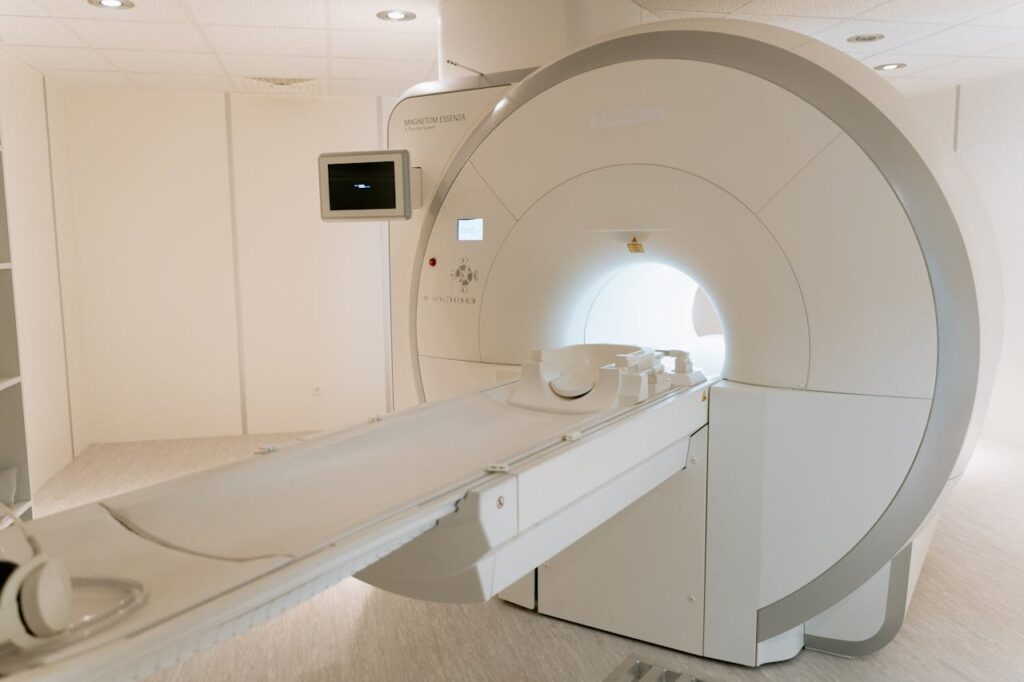PET-CT
PET-CT, or Positron Emission Tomography-Computed Tomography, is an advanced medical imaging technique that combines two powerful imaging modalities to provide detailed anatomical and functional information about the body. Here’s an in-depth exploration of PET-CT: PET-CT imaging represents a significant advancement in medical diagnostics, offering clinicians valuable insights into disease processes and guiding personalized treatment strategies […]








